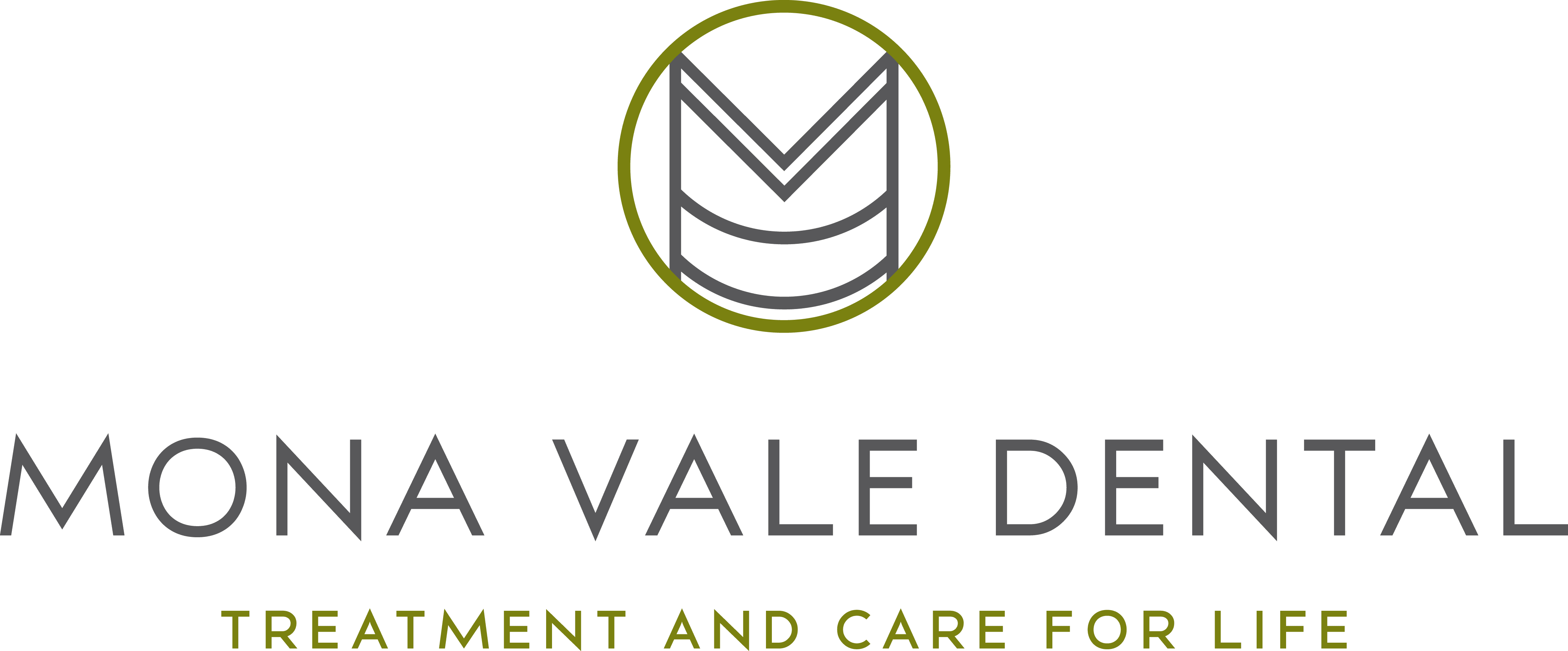Perhaps you breathe a sigh of relief as the years creep up on you, thinking the bulk of dental visits are behind you?
After all, you’ve fallen into a routine, and it seems to be working pretty well for your teeth.
But now is not the time to get complacent, unfortunately.
If you’re over 60, you need to go that extra mile to maintain your oral health since you face a higher risk of dental decay, gum disease, mouth infections, tooth loss and oral cancer.
It’s impossible to count the number of times you’ve used your teeth since they first emerged from your gums, but you can be sure a lifetime of chewing has worn away the outer layer of enamel. This is particularly true if you have a soft spot for acidic fruits and carbonated beverages, which can dissolve the protective enamel over time.
Your mouth is a map for the rest of your body…
Your gums hold your teeth in place and protect the roots from decay, but gum tissue recedes with age, exposing the soft root tissue. It’s important to care for your gums, because infection can lead to heart disease, stroke, stomach problems and other conditions. This happens when bacteria enters your bloodstream through your gums, wreaking havoc on the rest of your body.
Although infection can flow from your gums to your organs and distant tissue, it also works the other way around, with poor oral health flagging a wider problem. Think of your mouth as a map for the rest of your body – oral inflammation can be a signpost for diseases such as diabetes, osteoporosis, and Alzheimer’s. It’s important to make regular visits to your dentist, who can pick up on the clues and refer you to a specialist.
Dental treatments can even ease the symptoms of various conditions. In a 2014 study, researchers found that people who maintained their gum health had fewer hospitalisations and medical costs than those who weren’t treated.
Common dental complaints for people over 60
Tooth decay – You can get cavities on the surfaces of teeth that have never bothered you before, as well as around old fillings, or at the root of your tooth, which has become more exposed over time. Make sure you use toothpaste with fluoride in it.
Dry mouth – You might not be producing enough saliva to protect your teeth from decay. Many medications can cause a dry mouth and smoking is another culprit. Sipping water and chewing sugar-free gum can help. Your dentist can also prescribe a saliva substitute.
Gum disease – Red and swollen gums that bleed easily could indicate gingivitis, which can lead to the loss of jaw bones and teeth, if untreated. Regular dental visits can nip this in the bud!
Tooth crowding – Your teeth can shift as you age, which can make them difficult to clean, causing more decay. You may need to be fitted with a retainer, spacer, or braces.
Oral cancer – Your chances of developing oral cancer grow as your get older, especially if you’re a smoker or heavy drinker. Early detection gives you the best hope for survival, which is why your dentist should check the soft tissue in your mouth, throat and jaw.
What else can you do to protect your oral health?
Regular visits to your dentist are a good place to start (contact our team at Mona Vale Dental, if you’d like to book a check-up).
Go prepared to your appointment with a list of questions, such as:
Is there anything I should be doing differently now?
What ways can I be screened for oral cancer?
How can you improve the whiteness of my teeth?
Would dental implants be suitable?
You should also go armed with a list of your medications and medical conditions. It’s a good idea to take your dentures and partials with you too.
When it comes to cleaning your own teeth, it might be time to switch to an electric toothbrush, especially if you have arthritis or any weakness in your hands.
In our next post, we’ll tell you everything you need to know about using an electric toothbrush.
Until then, keep smiling! 🙂



